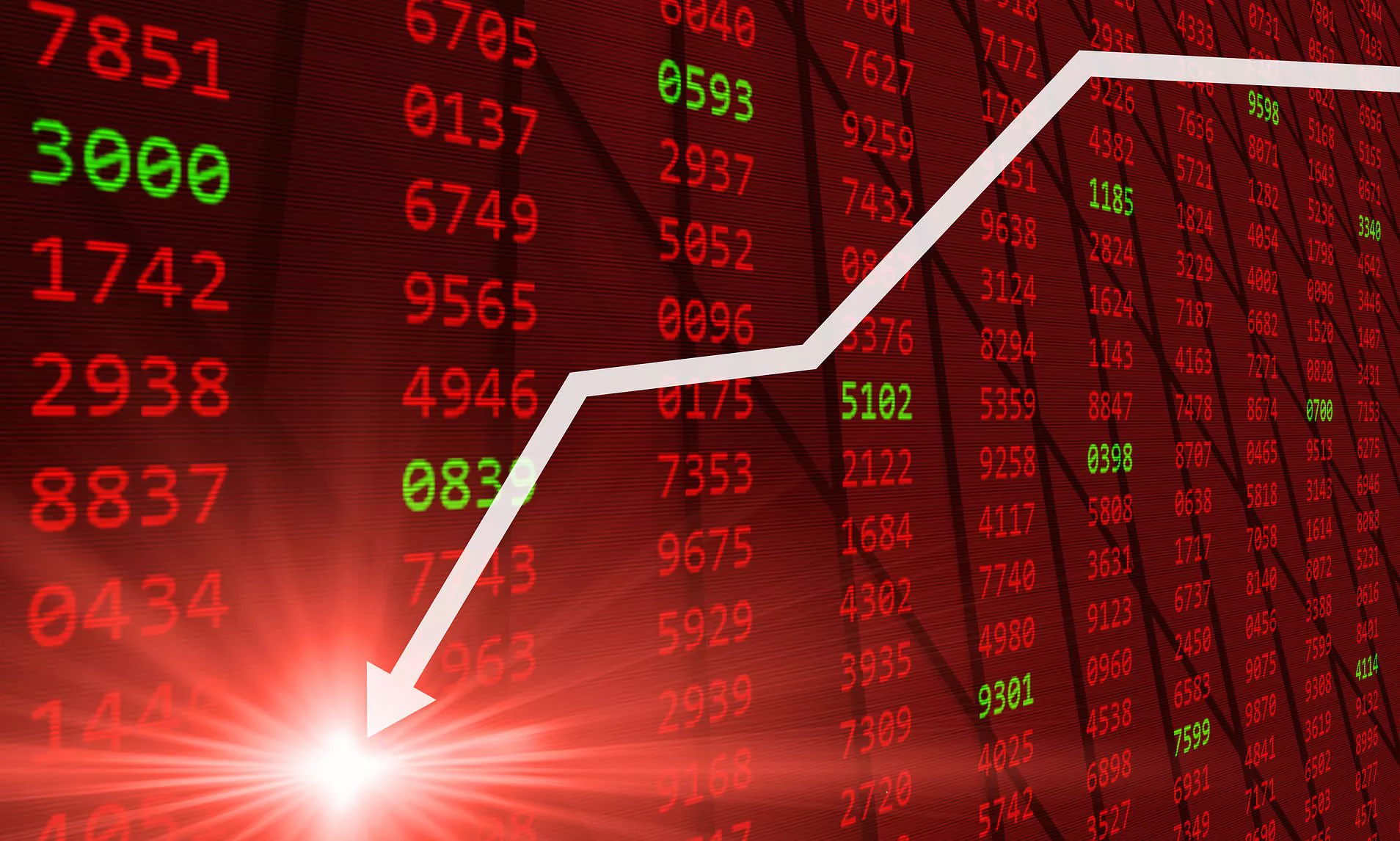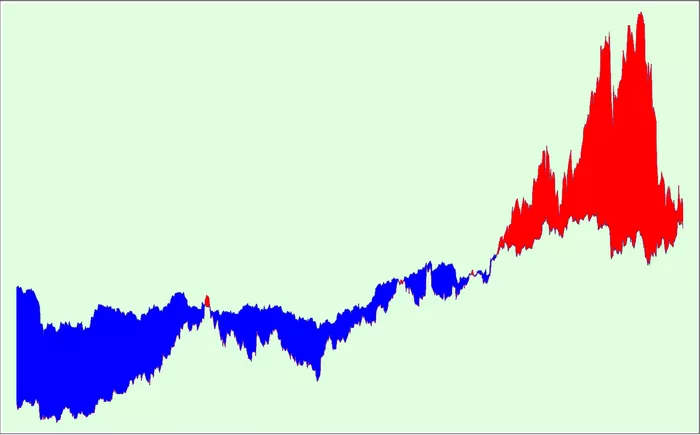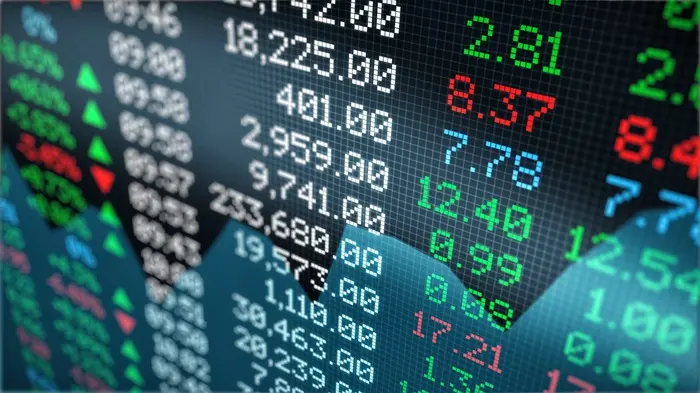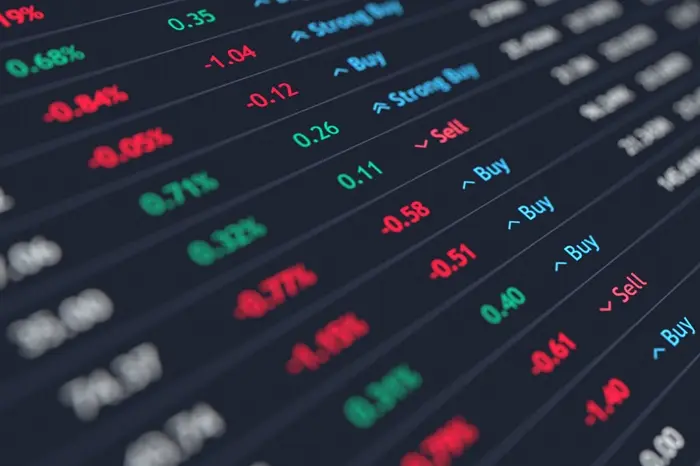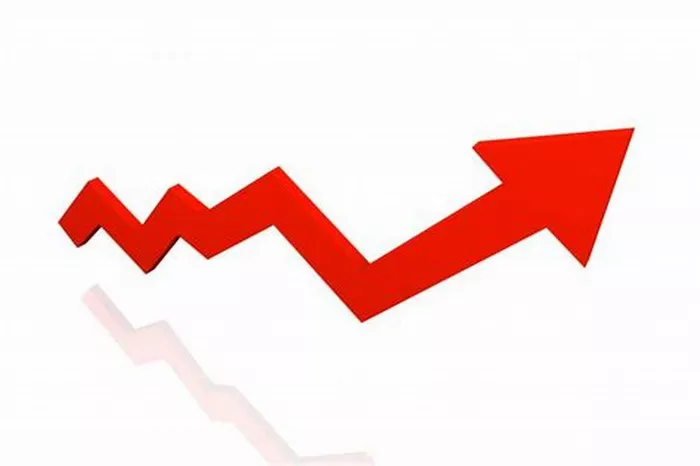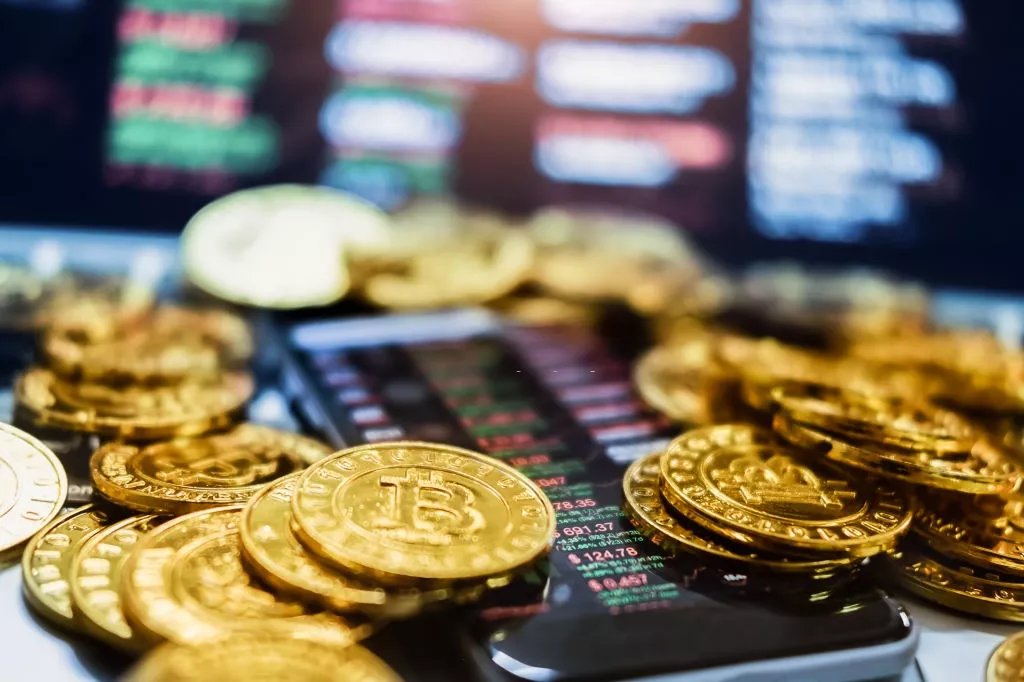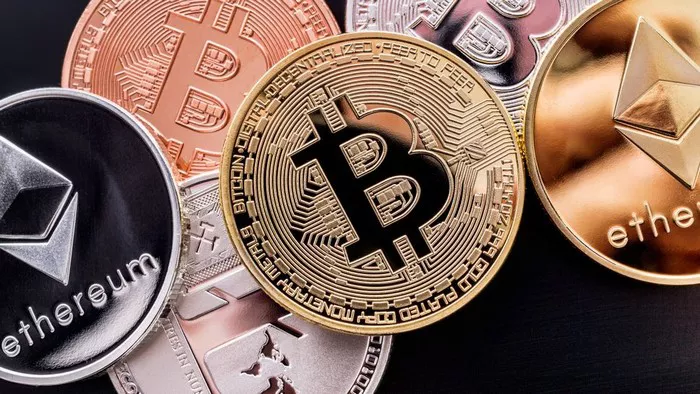In the ever-evolving world of stock trading, meme stocks have captured the attention of both retail and institutional investors alike. These stocks, often driven by social media trends, online communities, and internet culture, can experience rapid and unpredictable price movements. Although meme stocks may seem volatile and speculative, they have nonetheless become a significant phenomenon in the stock market.
In this article, we will explore what meme stocks are, why they become popular, and identify some of the top meme stocks in the market today.
What Are Meme Stocks?
Meme stocks are shares of companies that gain popularity and attention through online platforms like Reddit, Twitter, TikTok, and other social media sites. The term “meme” refers to the viral spread of information, and in the case of stocks, it means that the company’s shares are being discussed, debated, and sometimes bought in large quantities by a collective of retail investors.
What makes meme stocks unique is that their rise in price is often not driven by traditional fundamental analysis, such as earnings reports, company valuations, or market conditions. Instead, meme stocks are largely influenced by viral trends and speculative buying driven by online communities, often driven by emotions like excitement or the desire to “stick it” to institutional investors or hedge funds.
In essence, meme stocks represent a shift in how certain stocks are traded, particularly in an age where information moves quickly across the internet and social media platforms.
Why Do Meme Stocks Become Popular?
Several factors contribute to the rapid rise of meme stocks. These include:
Social Media Influence
Social media platforms, especially Reddit and its subreddit communities (like WallStreetBets), have become powerful tools in influencing the behavior of retail investors. When a stock gets picked up by a popular community, it can quickly gain traction, causing its price to rise dramatically.
Short Squeeze
One key driver for meme stock rallies is the concept of a “short squeeze.” This occurs when investors betting against a stock (short sellers) are forced to buy shares to cover their positions as the stock price rises unexpectedly. This creates a feedback loop where rising prices trigger more buying, resulting in a sharp increase in the stock’s value.
FOMO (Fear of Missing Out)
Fear of missing out on potential gains is a psychological factor that plays a significant role in driving the popularity of meme stocks. As the stock rises and gains attention, more and more people jump in to try and capitalize on the potential profits, further fueling the stock’s rise.
Retail Investor Movement
Meme stocks are often seen as part of a broader movement where retail investors, who are typically smaller investors without institutional backing, come together to challenge traditional Wall Street dynamics. This movement has gained traction in recent years, partly due to the rise of online trading platforms and apps like Robinhood, which allow individuals to buy and sell stocks with minimal barriers to entry.
News Coverage and Media Hype
Media outlets often pick up on the viral nature of meme stocks, giving them additional coverage. This exposure can lead to more people becoming aware of the stock, further fueling its popularity and increasing the number of buyers.
Characteristics of Meme Stocks
Meme stocks have certain characteristics that differentiate them from more traditional investments. Some of these include:
High Volatility
Meme stocks tend to be highly volatile. Their prices can swing drastically within short periods due to the influx of retail traders buying or selling based on rumors, news, or social media trends.
Lack of Fundamental Support
Unlike traditional stocks, meme stocks often lack solid fundamentals to support their price. Many of these companies may not have strong earnings, significant revenue growth, or a competitive advantage in their industry. The price movements are often driven by sentiment rather than tangible company performance.
Retail Investor Focus
Meme stocks are typically driven by retail investors rather than institutional investors. This distinguishes them from the broader stock market, where large institutions and mutual funds tend to have more influence on price movements.
Online Community Influence
Meme stocks often rely heavily on online communities for their popularity. Reddit’s WallStreetBets subreddit, for example, has been known to amplify certain stocks, causing them to go viral and experience significant price fluctuations.
The Top Meme Stocks in 2025
Now, let’s look at some of the top meme stocks that have captured the attention of investors in recent years. These stocks are widely recognized for their high volatility and have experienced massive price movements driven by retail traders.
1. GameStop (GME)
GameStop is perhaps the most famous example of a meme stock. The video game retailer became the poster child for the meme stock movement in January 2021 when retail investors, mainly from the WallStreetBets subreddit, drove the stock price from under $20 to over $400 in a matter of weeks. The rise was driven by a combination of short squeezes, retail investor enthusiasm, and media coverage.
Despite a decline in sales and challenges in its traditional business model, GameStop’s stock price continues to fluctuate due to its meme stock status. Investors see it as a symbol of the power of the retail investor in disrupting Wall Street.
2. AMC Entertainment (AMC)
AMC, a movie theater chain, saw a massive surge in its stock price in 2021, primarily driven by retail investors who were looking to capitalize on the reopening of the economy after COVID-19 lockdowns. Much like GameStop, AMC became a battleground stock with significant short interest, leading to a short squeeze.
Retail investors, often motivated by a desire to support the company and stick it to short sellers, rallied around AMC. While the company has faced challenges in the wake of the pandemic, its meme stock status has made it one of the most talked-about names on Reddit and other online forums.
3. BlackBerry (BB)
Once a dominant player in the smartphone market, BlackBerry has reinvented itself as a cybersecurity and enterprise software company. However, its stock price has also experienced periods of intense volatility due to its meme stock status.
The company’s history and brand recognition, combined with a high short interest, made BlackBerry an attractive target for retail investors. Much like GameStop and AMC, BlackBerry has experienced price surges based on social media-driven enthusiasm rather than strong financial fundamentals.
4. Bed Bath & Beyond (BBBY)
Bed Bath & Beyond, a home goods retailer, has also been a prominent meme stock in recent years. The company has struggled with declining sales and store closures, but it has nevertheless attracted significant attention from retail investors.
In 2021, Bed Bath & Beyond saw its stock price soar after it became the subject of attention on online platforms like Reddit. As a result, the stock experienced substantial volatility, with sharp increases in price driven by short squeezes and the excitement of retail investors.
5. Sundial Growers (SNDL)
Sundial Growers, a Canadian cannabis producer, has been another meme stock that has attracted significant attention. The company operates in a rapidly growing sector, but its stock price has been highly volatile, driven largely by retail investor interest.
Sundial’s rise as a meme stock has been fueled by speculation about the potential legalization of cannabis in the U.S. and other factors. While the company’s financial performance has not been stellar, it remains a popular pick among retail investors looking to capitalize on trends in the cannabis industry.
6. Plug Power (PLUG)
Plug Power, a hydrogen fuel cell company, has also gained meme stock status in recent years. The company is seen as a potential leader in the emerging green energy space, but its stock has experienced extreme price fluctuations, often fueled by hype and speculation rather than strong financial performance.
Plug Power has been the subject of intense discussion in online communities, particularly as the renewable energy sector gains more attention. The stock’s meme status has contributed to its volatility, making it a favorite among retail investors looking for high-risk, high-reward opportunities.
Risks and Rewards of Meme Stocks
While meme stocks can offer substantial gains, they also come with significant risks. The volatile nature of meme stocks means that investors can experience dramatic swings in the value of their holdings in short periods of time.
Risks
High Volatility: The prices of meme stocks can fluctuate wildly, creating uncertainty for investors.
Lack of Fundamentals: Meme stocks often lack strong financial performance to justify their price, making them speculative at best.
Market Manipulation Concerns: There have been concerns that meme stocks can be influenced by coordinated efforts to artificially drive up prices, leading to potential regulatory scrutiny.
Short-Term Investment: Many meme stock rallies are short-lived, and investors may be left with losses when the hype fades.
Rewards
Significant Gains: Meme stocks can provide substantial short-term gains for those who get in early and sell at the right time.
Retail Investor Empowerment: Meme stocks give individual investors a chance to challenge institutional investors and hedge funds, creating a sense of empowerment in the market.
Social Media Influence: With the rise of social media, investors can participate in stock movements they may not have been able to previously.
Conclusion
Meme stocks have revolutionized the way certain stocks are traded, driven by the power of social media and retail investor enthusiasm. While these stocks can offer high rewards, they also come with significant risks due to their volatility and lack of strong fundamentals. Investors interested in meme stocks must be prepared for rapid price changes and should carefully consider their risk tolerance before diving in.
The top meme stocks, such as GameStop, AMC, and BlackBerry, are likely to remain staples of online communities, but their status as meme stocks means that their prices could rise or fall quickly, often without warning. As with any investment, it’s essential to do thorough research and understand the market dynamics before investing in these highly speculative assets.
Related topics:

